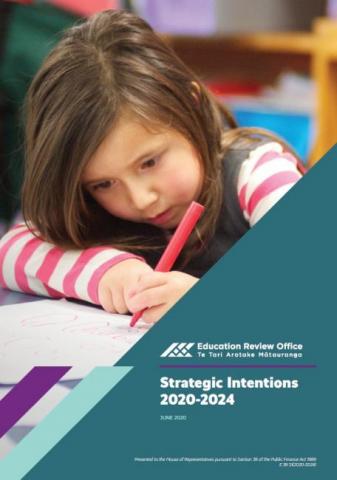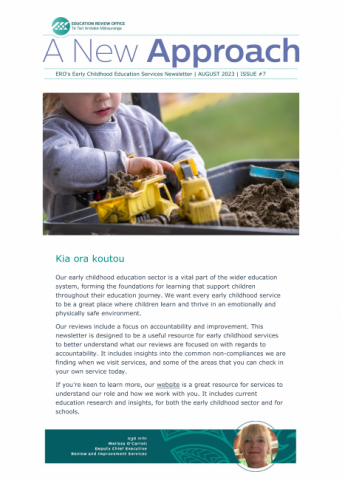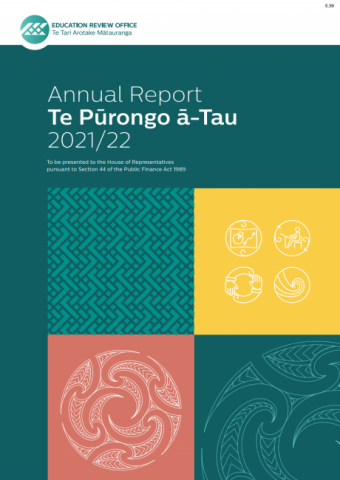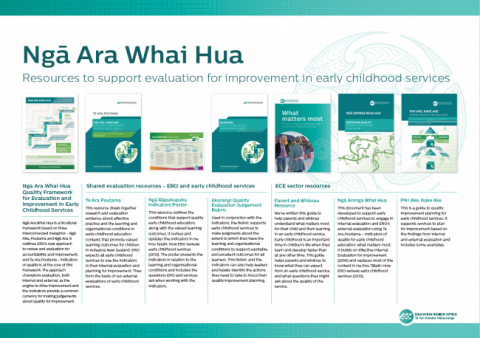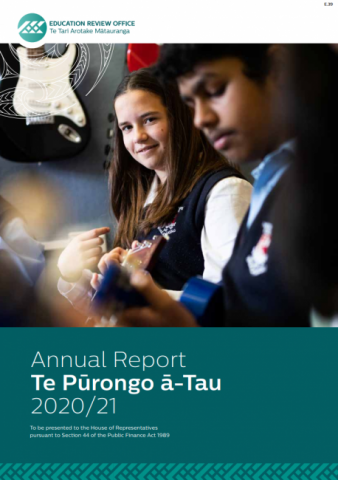Review of ECE evaluation indicators: A leadership focus
Published: 24 May 2021
In her introduction, Thornton says that there is a lack of empirical research focused on effective leadership practice in early childhood education. This mirrors a silence on the subject in the original Te Whāriki (1996).
- Audience:
- Academics
- Content type:
- Basic page
